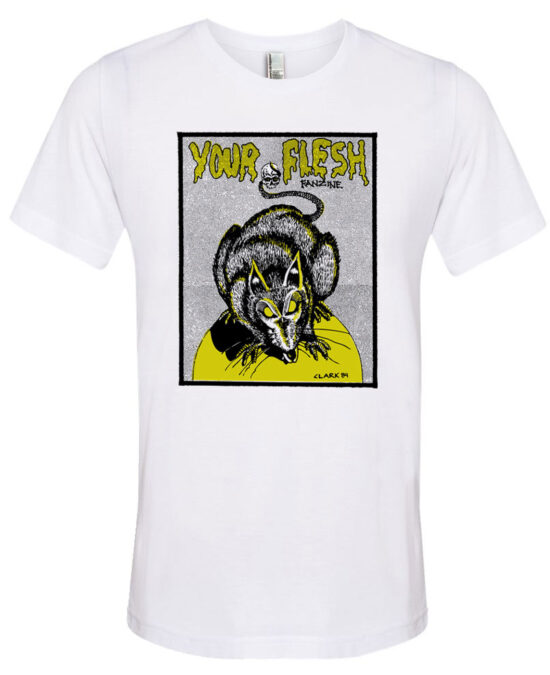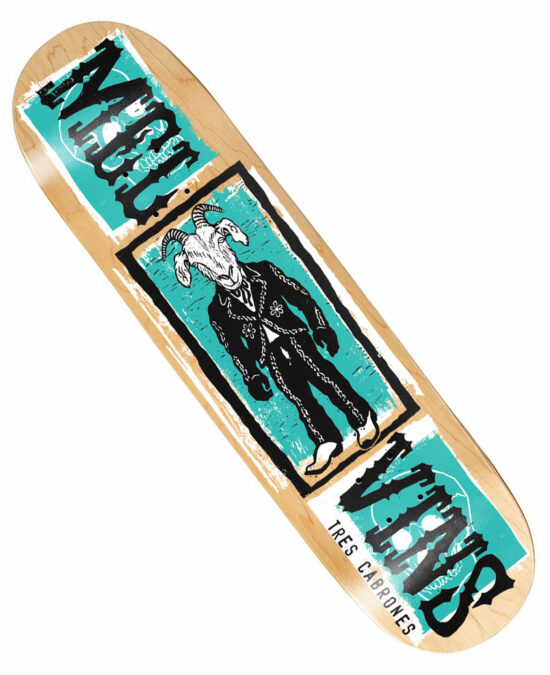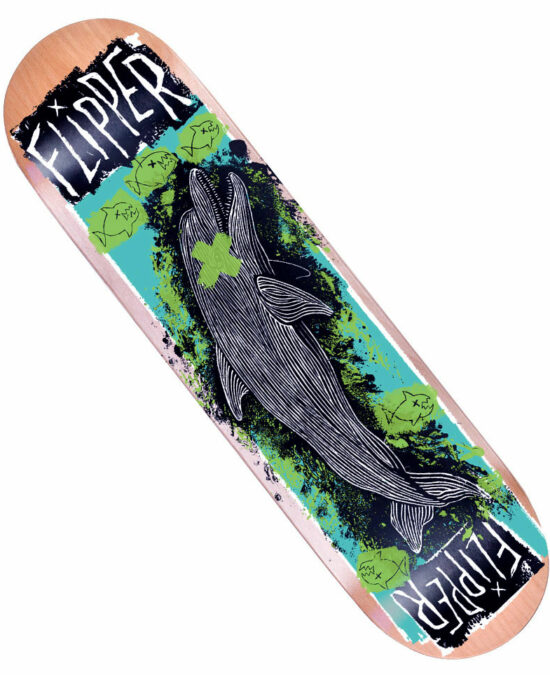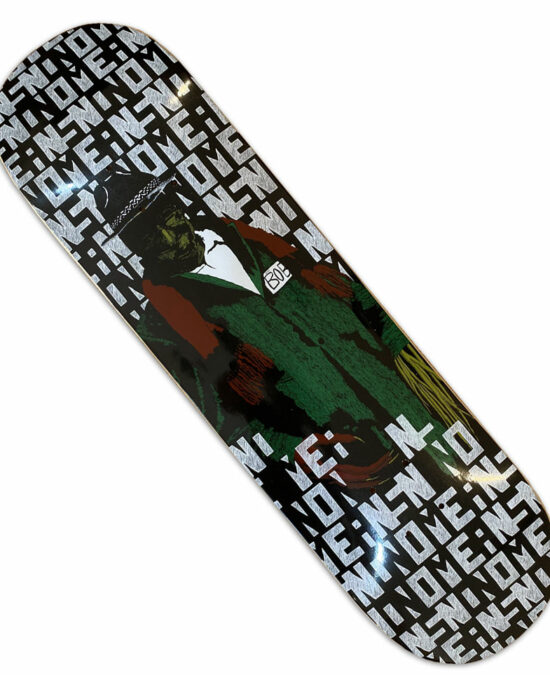-
Category T-shirt
- Artist John Yates
-
Release # BFLD459
-
Limited to 100
-
-
Product Description
I started Allied Recordings in 1990 simply because I wanted to release a record of my own, having worked at Alternative Tentacles Records for a couple years at that point. As with the majority of small independent labels back then, employees and volunteers wore many hats—mine was a beanie. So, while I was the in-house graphic designer for A.T., I was also responsible for the ordering and manufacturing of whatever we released. I was at first quite hesitant to take on this responsibility—because it was somewhat intimidating and not creative in nature—but it soon became second nature, and the OCD part of me helped keep all the plates spinning with the various manufacturers. A well-kept notebook helped.
I discovered Neurosis, who would be the label’s debut release, through attending shows at the Gilman Street Project—established by Maximum Rock’n’Roll (where I was living and working on the zine at the time) as a venue for all-ages shows in Berkeley, California. Scott Kelly, the band’s then guitarist, printed A.T.’s shirts at the silkscreen shop the label used, and we got along pretty well. I think it was Scott who suggested I put out a record of my own. So, when I first started to seriously consider trying to put something out, Neurosis were the band I wanted to release a record by—just to say that I could self-fund and release my own record. It was supposed to be a one-off.
Neurosis’ Empty seven-inch was the first release from a label that would go on to release 100 titles (ending just shy of a decade in 1999 with Jawbreaker’s Live 4/30/96 LP). I named Allied Recordings based purely on the vintage industrial aesthetic of R.E.M.’s Document album artwork. The cover featured the band’s name and album title, as well as some ancillary text: Allied and Allied No. 5. That’s where I arrived at the label’s name and catalog system. The label’s tagline, Music for the Proletariat, was a nod to my socialist bent, as well as an indication as to whom I was doing a label for—the people.
Allied Recordings was a labor of love. But love never pays the bills. And while I am an okay designer, I was/am a terrible business person. The label was always barely treading water, and I always had a day job to help try and keep it afloat. Allied’s “business model” (and I use that term in the most liberal sense) was always a case of a few pretty decent selling bands funding a lot of not-so-decent selling bands. But that was the modus operandi of the label. I liked to find small, lesser-known bands to release material by—typically their first recordings. But that’s hard to “market.” I also never had the advertising budget to adequately support any of the music I released, and in some ways I feel I was not doing the best I could to help bands do what they loved. An unused tagline I came up with pretty much sums up Allied: Helping Little Known Bands Become Completely Obscure Since 1990. I’m joking, but only partially.
However, despite my own misgivings on the legacy of the label, I have begrudgingly accepted the fact that to a certain segment of the punk scene back in the nineties, Allied meant something. And that really means a lot to me. Genuinely.
Many thanks to Charles at Bifocal Media for being foolish enough to want to reissue the label’s secondary-yet-better-than-the-actual-label-logo design on a shirt, for the first time in almost a quarter of a century.—John Yates
LIMITED TO 100. Printed on Bella Canvas Soft Spun Cotton Apparel. LADIES’ SIZES RUN REALLY SMALL. Check the size chart.














